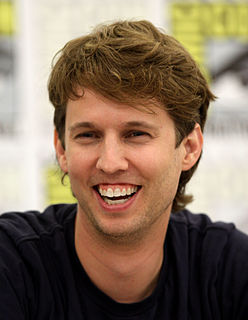A Quote by Nina Easton
Jobless workers, especially those out of work for months and years, don't have the skills to multitask in a fast-paced economy where medical workers need to know electronic record-keeping, machinists need computer skills, and marketing managers can no longer delegate software duties.
Related Quotes
Business requires an unbelievable level of resilience inside you, the chokehold on the growth of your business is always the leader, it's always your psychology and your skills - 80% psychology, 20% skills. If you don't have the marketing skills, if you don't have the financial-intelligence skills, if you don't have the recruiting skills, it's really hard for you to lead somebody else if you don't have fundamentally those skills. And so my life is about teaching those skills and helping people change the psychology so that they live out of what's possible, instead of out of their fear.
How do we fill the need for technology workers, people who have computer skills and math and science skills? How do we get a more diverse science workforce? These are all issues - I would look at these documents that were from the '50s and '60s and '70s, and you'd swear they were written two weeks ago because the issues are the same.
President Bush said that American workers will need new skills to get the new jobs in the 21st century. Some of the skills they're going to need are Spanish, Chinese, Korean, because that's where the jobs went. Who better than Bush as an example of what can happen when you take a job without any training.
There is a section of our population in South Africa that you can't expect to get integrated in the economy of its own. These are people without skills and that will include young people who might very well have matric certificates, but don't have the skills to be absorbed in the economy. So we need to target people like those in a special way, in a focused way so that they have the skills and the capacity to participate in the economy. That requires special programmes.
To the extent that sacrifices need to be made, shouldn't the people who've made out like bandits this past generation be first in line? The problem with getting out of the slump is that we need to spend more. It's not that somebody needs to spend less. We have idle workers who have the skills and the willingness to work. We have idle factories. Dealing with this is not about saying somebody needs to suffer. It's saying that we need to be prepared to open the taps.
The time to fix our broken immigration system is now... We need stronger enforcement on the border and at the workplace... But for reform to work, we also must respond to what pulls people to America... Where we can reunite families, we should. Where we can bring in more foreign-born workers with the skills our economy needs, we should.
































